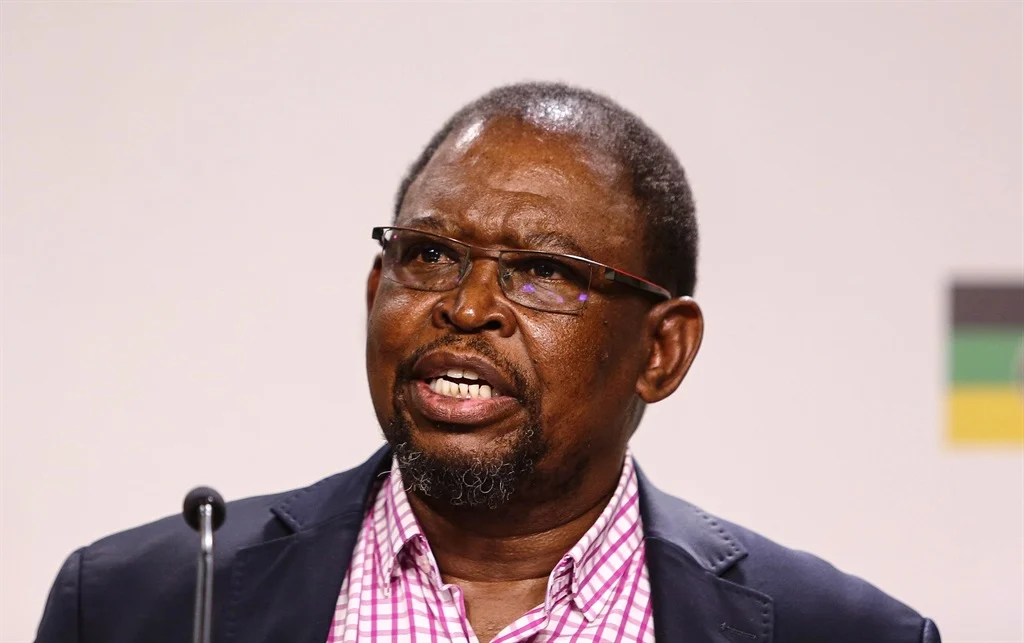SOUTH Africa’s major economic event this week is the Medium Term Budget Policy Statement (MTBPS) on Thursday (11 November), which will provide an update of the projected fiscal policy direction over the next three fiscal years, say economists at the Bureau for Economic Research (BER).
“In recent years, the MTBPS has come as a shock to financial markets, only for the main budget the following February to ease the concerns,” the group said in a research note.
“This trend could be turned on its head this time as the MTBPS will show a much-improved short-term fiscal situation, with a much smaller budget deficit, potentially close to 5% of GDP versus 9% expected in February, for the 2021/22 fiscal year and a significantly lower starting point for public debt – around 71% of GDP versus roughly 80% before.”
However, the MTBPS could postpone critical expenditure decisions, including on possible permanent income support measures once the social relief of distress grant ends in March 2022, to the February budget, the BER said.
“Therefore, the MTBPS may have two main storylines. The one is a notably improved fiscal situation in the current (2021/22) fiscal year, driven by a sizeable mining tax windfall and the positive impact on the fiscal ratios of higher nominal GDP post-Statisc South Africa’s benchmarking/rebasing exercise.
“Importantly, given the temporary nature of the tax windfall and potentially significant future expenditure pressures, the second storyline is likely to be a public debt trajectory that remains precarious, albeit from a better starting position.”
In welcome commodity market news for oil importers such as South Africa, the Brent crude oil price declined by almost 5% last week.
This was despite the OPEC+ oil grouping sticking to gradual production increases at its latest meeting. Oil’s decline may have been in sympathy with a more than 30% week-on-week fall in benchmark coal prices.
The BER said the sharp decline came amid measures from the Chinese government to increase its domestic coal output and rein in speculation in the coal markets.
- Business Tech



